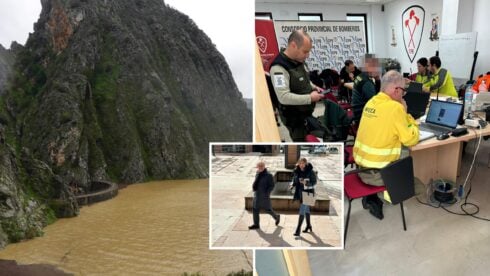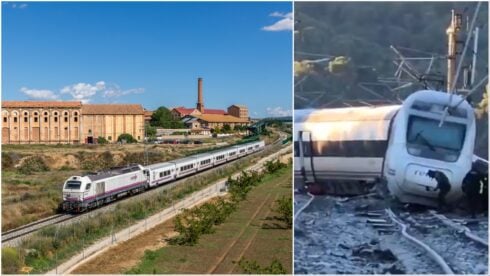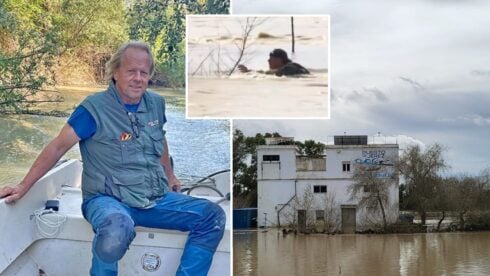SPAIN’S acting Prime Minister Pedro Sanchez said on Wednesday that he will go for a Congress investiture vote to form a new government after July’s inconclusive general election.
“I will ask for parliament’s confidence to form a progressive government,” Sanchez said in a speech to PSOE party deputies and senators in Madrid.
He also continued to woo support from regional parties by promising that he would ‘promote the use of Catalan, Basque and Galician as official languages within the EU’.
The Basque PNV spokesman in Congress, Aitor Esteban, responded on social media by saying that Sanchez ‘had shown little credibility in the past over linguistic issues’.
Pedro Sanchez said his party, which won the second-highest number of Congress deputies last month, will first seek to clinch the house speaker position on Thursday.
He called on the Partido Popular, who got more seats and votes than the PSOE, to ‘respect the Spanish parliamentary system’ and recognise that Spain should be governed ‘by who has the most parliamentary support’.
It’s almost certain that the PSOE will join forces with the new far-left alliance Sumar to try to form a government, along with backing from the regional parties.
At the moment apparent backers of the PSOE and PP can both muster 171 votes each with 176 needed for an overall majority.
If the Catalan separatist Junt party throws in with Sanchez, then he will get a majority- an abstention would give the PP the whip hand.
But in an interesting twist, there have been reports that the PP is willing to offer the Congress presidency to the Basque PNV party.
Senior PP figures have backed the idea in an attempt to get the votes they need to take power, but high-profile Madrid president Isabel Diaz Ayuso is strongly opposed to such a notion.
“The party that won the elections should preside over Congress not groups in the minority,” she said.
If neither side can sort anything out by the end of September, then Spain will have a second general election this year.
GOT A STORY? Email us at tips@theolivepress.es
Click here to read more Politics News from The Olive Press.








